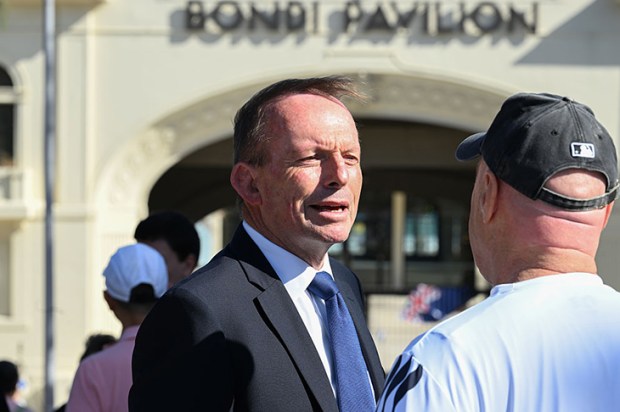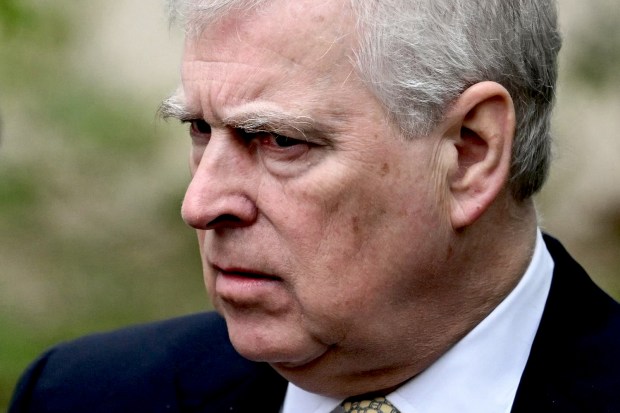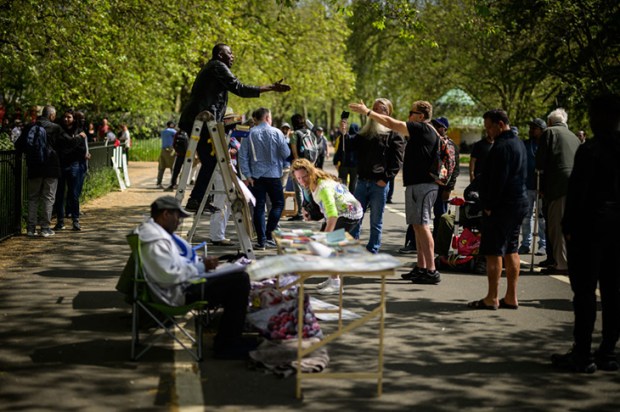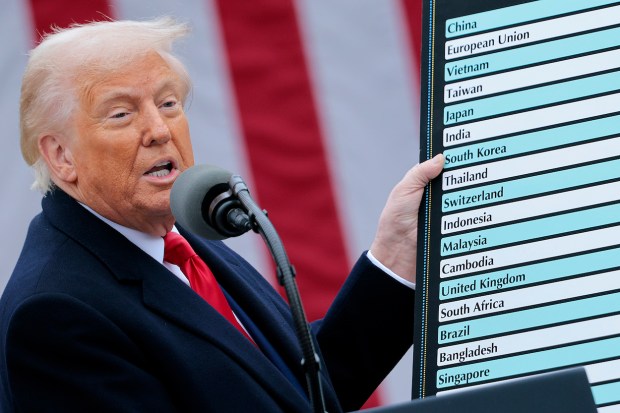In today’s information war, words are weapons, so the advent of new media terms can be telling. A weighty new report on US journalism, Beyond Objectivity, released last month, denounced what it called the ‘dangerous trap’ of ‘bothsides-ism’, an awkward term that seems designed to box, label and dismiss the idea of balance, of two sides to every story. The report said, in a nutshell, objectivity has got to go. (Mind you, plenty would say objectivity has already left the building – try finding sceptical climate change reporting at the ABC.)
The argument goes that if the weight of evidence heavily favours one side, it’s ‘false balance’ to pretend there’s equivalence of credibility. Trouble is, journalism is called the first draft of history for a reason, and must often be recast later. US media has had to do a U-turn on the veracity of the Hunter Biden laptop, for example. And far from being an ‘insurrection’, the January 6 Capitol riot seems increasingly to have been a set-up, and laced with FBI-linked provocateurs. Humans make mistakes, stories get debunked, allow for it.
Given the Left’s flair for propaganda (remember the same-sex marriage slogan, ‘love is love’?), it’s encouraging that ‘bothsidesism’ is the best these wordsmiths could find. It’s an implicit nod to the fact that other terms – balance, fairness, neutrality, objectivity, impartiality – are too respected to be twisted into propaganda.
Conducted by Arizona State University’s Walter Cronkite School of Journalism, the report emerged from 75 interviews with a roll-call of legacy media heavy hitters, mostly left-leaning – no Fox News interviews, for example. Lead author and ex-Washington Post executive editor Leonard Downie Jr wrote: ‘Increasingly, reporters, editors and media critics argue that the concept of journalistic objectivity is a distortion of reality… pursuing objectivity can lead to false balance or misleading “bothsidesism” in covering stories about race, the treatment of women, LGBTQ+ rights, income inequality, climate change… in today’s diversifying newsrooms, (reporters) feel it negates many of their own identities, life experiences and cultural contexts, keeping them from pursuing truth in their work.’ This is truth in the Oprah Winfrey sense, as in ‘my truth’, ‘your truth’, a great stew of different truths. These truths, self-evidently, cannot all be true, and at some point reality will intervene to give fantasists a good clip over the ears.
To be fair, complete objectivity is humanly impossible. Everyone comes armed with certain opinions and prejudices, and by their persona, tends to elicit certain responses. (An editor once said of a dorky Age colleague: ‘He engenders error in others.’) There’s no issue with an outlet with a declared political bias, such as Green Left Weekly. Trouble arises when an outlet cloaks its reporting in fairness and balance, but instead plays a partisan game, doubly so when it’s a taxpayer-funded medium with a charter requiring impartiality.
Which brings me to my second recent discovery, ‘totschweigetaktik’, or ‘totting’ for short, hat tip New York Post reporter Miranda Devine. It’s German for ‘death by silence’ and is a tactic to kill issues and stories by ignoring them into non-existence. It’s the reporting equivalent of putting your fingers in your ears and squeezing your eyes tight shut.
Totting is the preferred tactic of Voice proponents, who sought to fund only the Yes case for the referendum and not the No case, as was traditional in previous referenda, and don’t want to have a constitutional convention. Even details on how the idea would work are not to be provided. Trust us, please, and vote Yes.
The global media is currently totting the Twitter Files and a damaging recent Pfizer expose by Project Veritas, which secretly records highly placed insiders to uncover inconvenient truths. Legacy media has largely ignored Twitter boss Elon Musk’s extraordinary unmasking of the vast, hidden machinery enabling unprecedented US intelligence agency and Democrat censorship of social media.
Similar media quiet reigns on the Pfizer staffer’s revelations that, yes, the vaccines are creating mysterious problems with women’s fertility; that there is a revolving door between Big Pharma and regulators; and that Pfizer is considering ‘directed evolution’ of viruses, which many might call gain-of-function were that not illegal, to get ahead with the creation of more ‘cash cow’ vaccines.
Another useful new (to me) term is ‘limited hangout’, which is not to do with social events, but refers to admitting lesser mistakes while keeping more damaging crimes buried. It’s a spyworld term for allowing some information to be released to extinguish a media clamour; for whatever reason, overuse perhaps, it’s now moving into public discourse. Letting Joe Biden’s classified documents be found in a garage, for example, may be a limited hangout compared with exposing his being on the take from China. When the Chinese spy balloon over the US could no longer be denied, we got a limited hangout on its route and other details, but no reveal on how and why it, and apparently others, had sailed merrily past the mighty US defence forces.
These three newly popularised terms do show where US journalism is going – increasingly self-righteous and opinionated, activist yet incurious, and naively open to manipulation by the powers-that-be. The crisis of trust caused by the last few years of US media failures and hoaxes seems to be going unaddressed; a 2022 Reuters Institute Digital News Report found America’s media the least trusted among 46 nations, with only 26 per cent trusting the news. Indeed, last month the Columbia Journalism Review published a scathing takedown of the New York Times’ reporting on Russiagate – by a veteran Times reporter. Far from learning any lessons to restore public trust, US legacy media seems determined to repeat their errors.
These reflections were prompted by the jarring experience of leaving our conservative Sunshine Coast habitat, where even the tradies and neighbours are like-minded, for a holiday in the woke epicentre of Melbourne. There, we were Yin to their Yang. I had to reposition my conversational settings, and couldn’t help noticing old friends and relatives warily skirting such dangerous topics as politics, climate change, gender identity and the rest, in the certain knowledge that we would disagree.
A refreshing change came at a (necessarily) small lunch with right-wing media colleagues, quickly dubbed the Pariahs’ lunch. A well-known columnist opened the conversation with a loud, angry and frustrated: ‘Our media’s HOPELESS!’ Quite. With the internet, even semi-censored as it has been, truth will out.
Got something to add? Join the discussion and comment below.
You might disagree with half of it, but you’ll enjoy reading all of it. Try your first month for free, then just $2 a week for the remainder of your first year.













